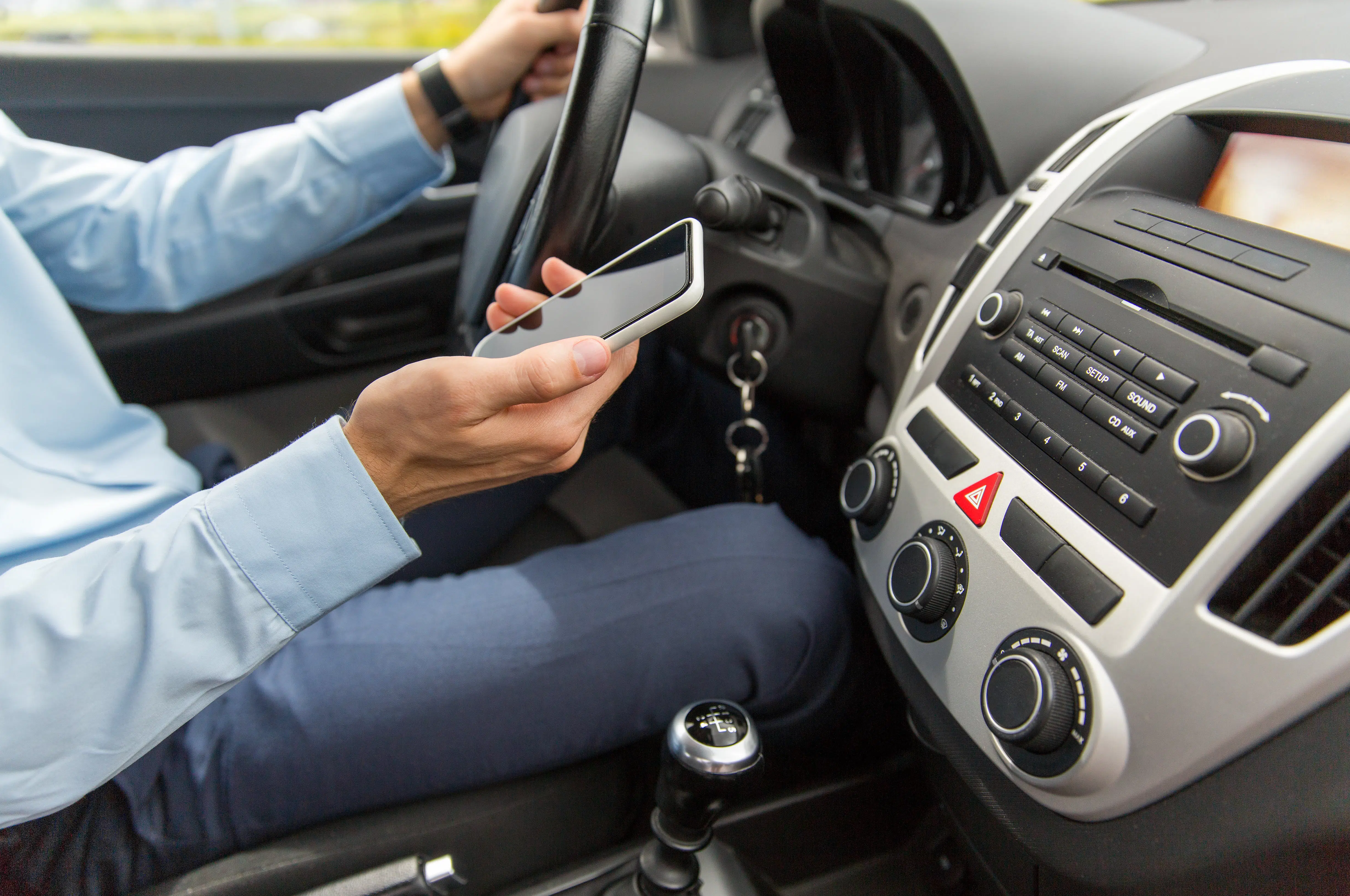Did you know that there are three different types of distracted driving? If you are a driver in Connecticut, or about to have a teen driver start driving, then it is important to know the different types of distracted driving. Typically whenever we think of distracted driving, there’s a tendency to only focus on cellphone use. Even though texting and driving is an important part of the equation, it’s just one symptom to a more significant problem.
In order to fully understand the issue of distracted driving and work toward preventing future accidents, we have to identified the three types of distracted driving:
What’s The Big Deal?
Distracted driving is a huge problem on American roadways. Most studies estimate that distracted driving makes up about 25% of all US car crashes and claims more than 3,000 lives each year. This means that distracted driving is just as bad as driving while intoxicated (DWI).
The only way to reduce these accidents and prevent further tragedy is to raise awareness about the causes of distracted driving and which distractions are the most dangerous. When we can identify the elements of distracted driving, we have a better chance of catching ourselves before we lose control of the vehicle.
The Big Three:
The three types of distracted driving are visual distractions, manual distractions, and cognitive distractions. To get a better understanding of what these are, let’s break them down with some examples.
-
Manual Distractions
Manual distractions are when you take your hands off the wheel. Any time you are reaching for your cellphone to change the song or to take a sip of your drink, you’re falling for a manual distraction. Manual distractions are actually slowing down your reaction time to unexpected obstacles, like a merging car or an animal crossing the road.
-
Visual Distractions:
A visual distraction is anything that takes your eyes off the road. This might be a crash on the side of the road, a billboard, an animal on the side of the road or even looking over at your passenger. When you take your eyes off the road, you are losing awareness of traffic signals and the car ahead of you, which makes you more likely to be involved in a rear-end collision or a T-bone.
- Cognitive Distractions
Cognitive distractions are the most dangerous kind and the most difficult to define. A cognitive distraction is anything that takes your mind away from driving. That usually means daydreaming, but can also include singing to your favorite song or arguing with a passenger. Cognitive distractions are the most dangerous because drivers lose focus of their vehicles, meaning they usually don’t slow down even when a crash is imminent.
Cognitive Risks
Cognitive distractions are the most difficult to fight because we don’t realize we’re being distracted at all. What starts as a simple thought about what’s for dinner that night can turn into a train of thought that leaves you completely enthralled and driving in a trance-like state.
While it’s easy to fight manual and visual distractions, cognitive distractions require your complete focus. Any time you feel yourself thinking about something other than the car ahead of you, you need to force yourself to focus.
Triple Threats
While each of these three driving distractions can cause a crash on their own, the worst are distractions that comprise all three types. These are distractions that take your hands off the wheel, your eyes off the road, and your mind away from the present moment. We call these “triple threats.”
A few examples of triple threats include cellphone use, reaching for items, and eating while driving. When we engage with these distractions, we’re more likely to “phase out” and drive-by instincts alone. Many drivers engaging with these triple threat distractions lose focus and don’t even realize their in danger until the moment of impact.
Speak to an Experienced Family Law Attorney Today
This has been an extremely difficult time for many families contact the Law Offices of Keith Anthony at (860) 333-6455. Attorney Keith Anthony can help you navigate thru this process, step by step and is open to assist you. If negotiations fail we can arrange mediation of your disputes. We can help you make agreements that can be filed with the court.




